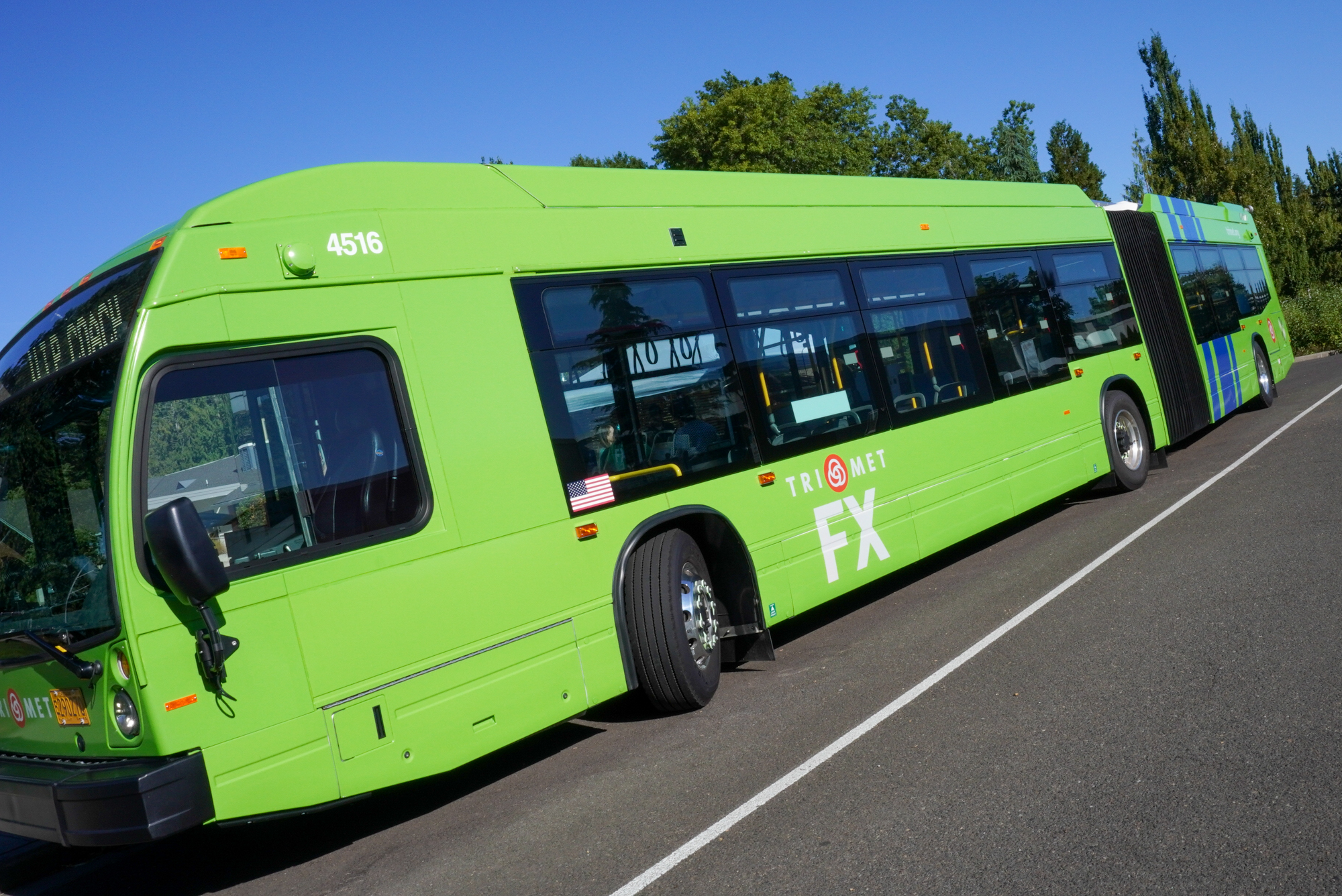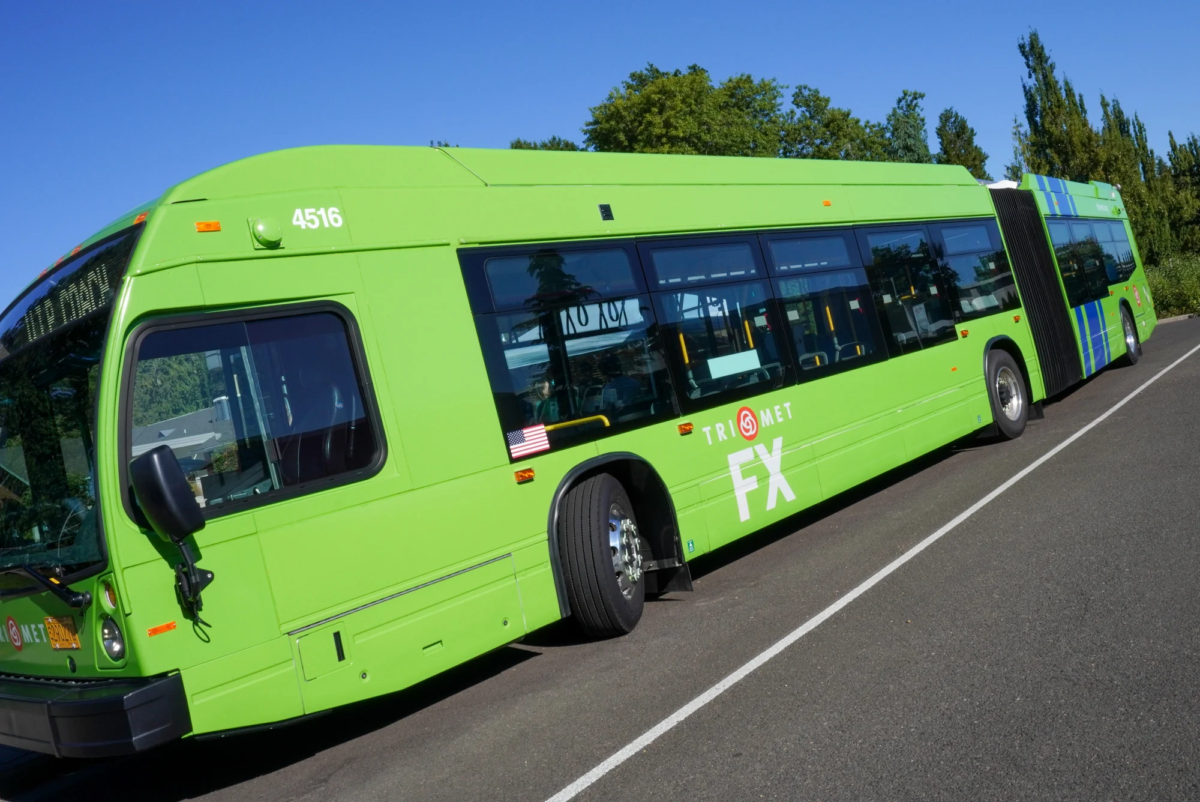
Is there a transportation project you want to see built in the Portland region in the next 25 years? If so, it better be on the Regional Transportation Plan (RTP) – the strategy shaping Metro’s approach to transportation policy. Every five years, Metro develops a new plan, listing projects to prioritize for funding over the following 10 and 25 years and how they’ll pay for them. The last time they refreshed the RTP was in 2018, so the time has come for an update – and right now, there’s an opportunity for you to share your thoughts with the agency about what the new plan should look like.
“The greater Portland region is facing urgent challenges. The impacts of climate change, generations of systemic racism, economic inequities and the pandemic have made clear the need for action,” Metro explains in a fact sheet for the 2023 RTP. “Safety, housing affordability, homelessness, and public health and economic disparities have been intensified by the global pandemic. Technology is changing quickly and our roads and bridges are aging.”
Metro says the RTP consists of:
- A long-term vision for the region’s transportation system
- Goals and performance targets that describe the outcomes the region wants to achieve and indicators to measure progress
- Policies that guide decisions and actions in pursuit of the vision and goals
- A financial plan that identifies how the region will pay for investments
- An investment strategy that includes major local, regional and state transportation investment priorities.
Metro and their partners, including groups like the Joint Policy Advisory Committee on Transportation (JPACT) will work on this plan over the next year and a half. (They’ll need to have the finalized plan all set for Metro Council to adopt by December 6, 2023, when the current plan expires.)
Over this period of time, they’ll utilize multiple public comment periods to shape the RTP. In this initial survey, participants are asked to share their current travel habits and what kinds of projects they think the agency should implement with the RTP budget. Options for these project categories range from improving existing transit service and places for walking, biking and rolling to expanding freeways so “more cars to travel around and through the region.”
But if Metro sticks to their commitment to prioritize climate policy in this next iteration of the plan, they will not spend their resources to expand car-centric infrastructure. The extreme weather events we’ve seen in the Pacific Northwest since the last time the RTP was updated have made it clear policymakers need to take bold action to combat the climate crisis, and changing our transportation system is one of the most effective ways to do this.
“Protecting the environment has always been a priority for the people of greater Portland. Given that the transportation sector is the largest contributor to greenhouse gas emissions in Oregon, any conversation about the future of transportation in the region must include a strong focus on its impacts on climate change,” Metro states.
If you want to hold them to that, this survey provides an opportunity to do so. Metro will use this public input to put together a list of investment priorities, which they expect to have ready in January to send out for more community feedback. In the meantime, this survey will be open through October 17, and you can find it here.




